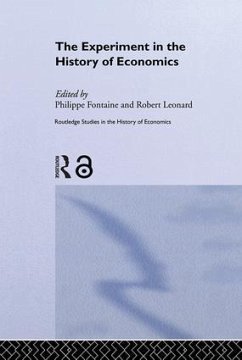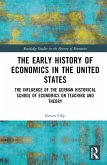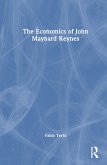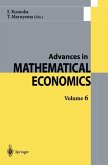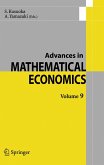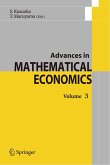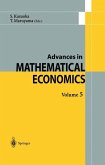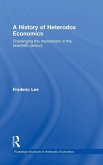Until recently, there was long resistance to the idea that economics can lend itself to experimentation. Going back at least as far as John Stuart Mill and continuing until very recently, it was widely held that economics was not an experimental discipline. The contributions in this book show, however, that the concept of the "experiment" has been persistently present, in various guises, throughout the history of the field. This has been most obviously shown by the post-war rise of behavioral economics, to which experimentation is central - but the tradition can actually be shown to have started much earlier with some of Wicksell's work on monetary reform foreshadowing the operations of the pioneers.
Hinweis: Dieser Artikel kann nur an eine deutsche Lieferadresse ausgeliefert werden.
Hinweis: Dieser Artikel kann nur an eine deutsche Lieferadresse ausgeliefert werden.

